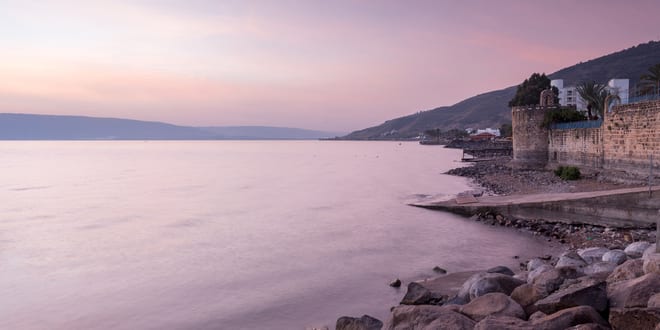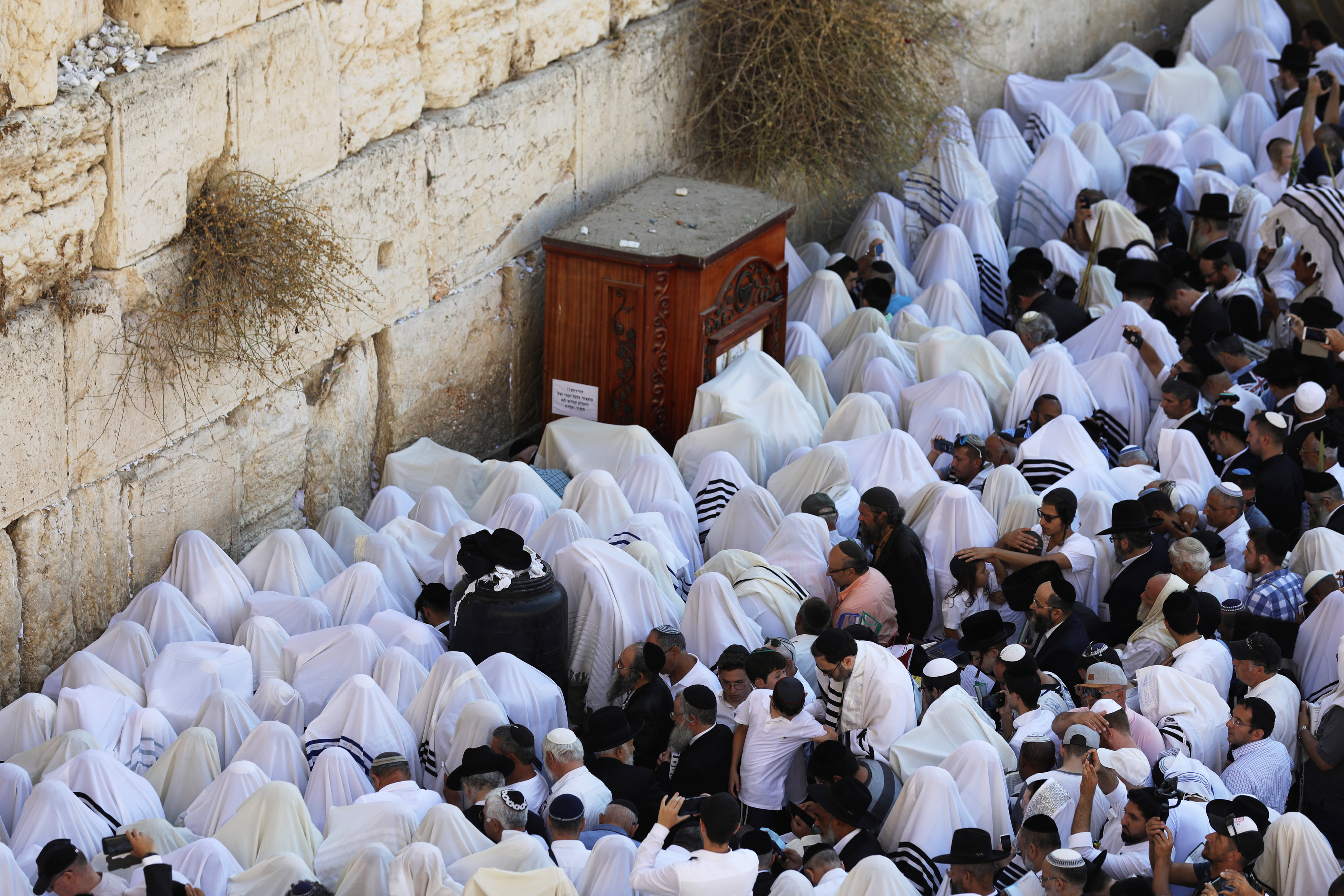
Revelations 6:3-4 “when he opened the second seal, I heard the second living creature say, “Come!” 4 And out came another horse, bright red. Its rider was permitted to take peace from the earth, so that people should slay one another, and he was given a great sword.
Important Takeaways:
- Middle East Expert: Iran Planning Multi-Front Attack on Israel
- On Sunday, Dr. Kedar published an op-ed on the Hebrew-language Makor Rishon describing a shocking security situation developing in the region that represents a dire threat to Israel
- Kedar began with a disclaimer:
- “A note to my readers,” he wrote. “I hesitated quite a bit, debating whether to publish the things that appear below because of the panic they might cause in Israel. However, in the Middle East environment, particularly in Iraq, these things are known and serve as a topic of open discussion among quite a few, so it is impossible for the public in Israel not to be aware of them as well. Especially because these things concern Israel; its security and existence, much more than they concern the citizens of Iraq. These things come up occasionally in the Israeli media, so I decided to bring them up here.”
- “A source I have known for years – an expatriate from the Middle East, a supporter of Israel, who lives in Europe and is in continuous contact with people in Iran and Iraq – conveyed to me his assessment that Iran is planning to launch a combined attack on Israel in the foreseeable future that will include all the forces at its disposal in the Arab countries.”
- Kedar then detailed what these available Iranian assets were in the region:
- “In Lebanon, Hezbollah and Hamas have many thousands of missiles and unmanned aerial vehicles (UAV), some of them with precision guidance systems,” Dr. Kedar wrote. “In Syria – 17 combat units (“militias”) stand armed and ready: Liwa Fatemiyoun, the Zainebiyoun Brigade, the Harakat al-Nujaba, Hezbollah, the Abu Al-Fachal Brigade, Atsa’ab Ahl Al Haq, the Khorsani Brigade, and others. Iran transferred a very large number of missiles and UAVs to Syria and these are ready to be launched.”
- Kedar’s prediction seems to be already materializing. On Thursday afternoon, 34 rockets were fired at northern Israel from Lebanon. Lantern in the evening several mortar shells impacted near the northern town of Metula. The IDF blamed Hamas forces in Lebanon for the attack but Israeli official sources said it would not have been carried out without Hezbollah’s consent. Hamas leader Ismail Haniyeh is currently in Lebanon.
- On Saturday night, six projectiles were launched at Israel from Syrian territory
- Kedar understood these facts in the current context of increasing tensions focused on the Temple Mount.
- “Under the pretext of the duty of the Muslim world to save Al-Aqsa Mosque from Israeli occupation and oppression, Iran will conduct a staged, comprehensive, integrated, and coordinated attack on Israel,” Dr. Kedar wrote. “The first phase will be an aerial attack including a massive coordinated barrage of missiles and UAVs from all the aforementioned arenas.”
- Kedar explained that the Iranian strategy is that the stock of interceptors for the “Iron Dome” will run out within two to three hours of the beginning of the air attack, after which the Israeli skies will be open to further assault. The next phase will focus on the air force which will be damaged and grounded.”
- “The invasion of ground forces from Syria, Lebanon, and Gaza will focus on Israeli settlements with the aim of demoralizing the Israeli public and forcing the government to surrender…
- Also, the Iranians expect Arabs in Galilee and the Negev to carry out actions against the IDF and the state such as blocking roads, damaging bridges, spilling oil on roads, blocking intersections, damaging high-voltage lines…
Read the original article by clicking here.











